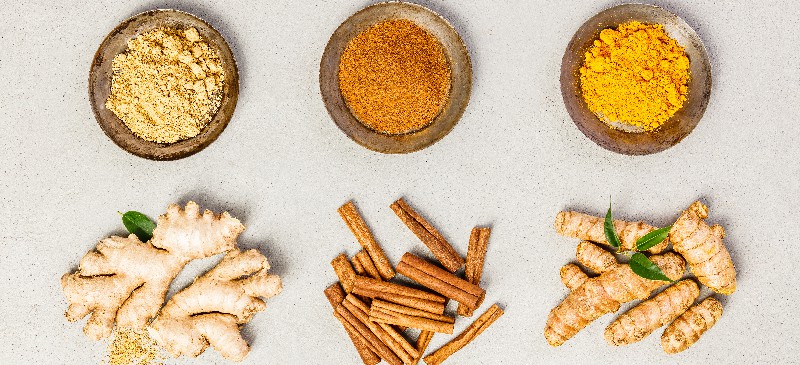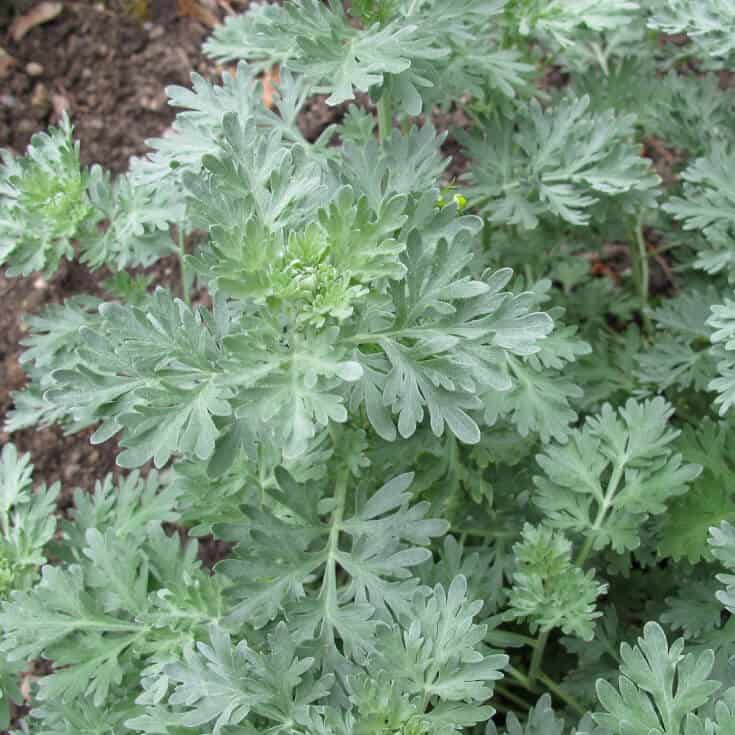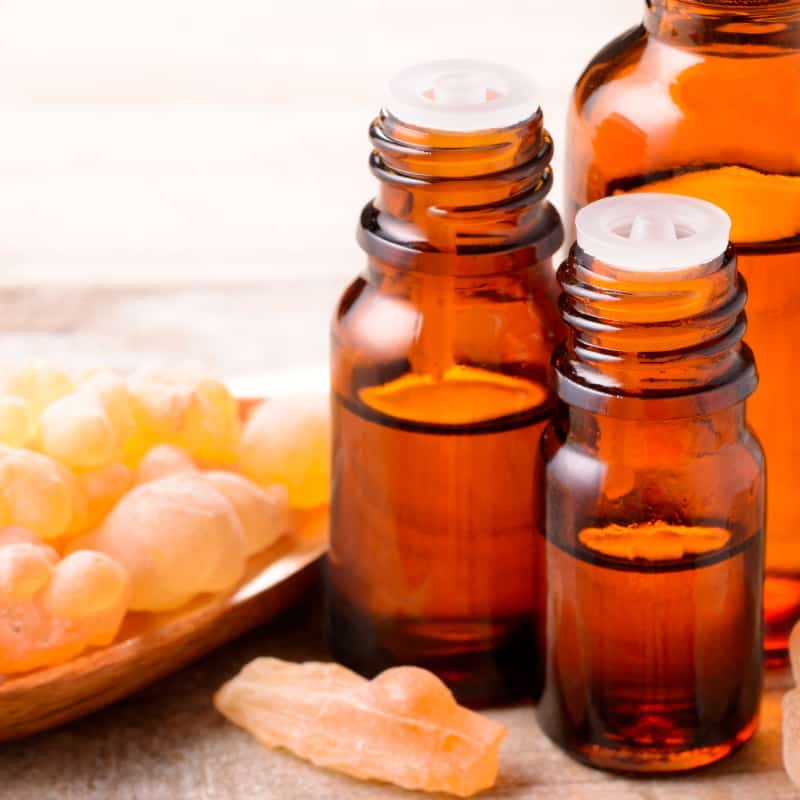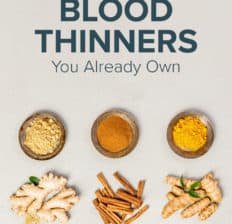This Dr. Axe content is medically reviewed or fact checked to ensure factually accurate information.
With strict editorial sourcing guidelines, we only link to academic research institutions, reputable media sites and, when research is available, medically peer-reviewed studies. Note that the numbers in parentheses (1, 2, etc.) are clickable links to these studies.
The information in our articles is NOT intended to replace a one-on-one relationship with a qualified health care professional and is not intended as medical advice.
This article is based on scientific evidence, written by experts and fact checked by our trained editorial staff. Note that the numbers in parentheses (1, 2, etc.) are clickable links to medically peer-reviewed studies.
Our team includes licensed nutritionists and dietitians, certified health education specialists, as well as certified strength and conditioning specialists, personal trainers and corrective exercise specialists. Our team aims to be not only thorough with its research, but also objective and unbiased.
The information in our articles is NOT intended to replace a one-on-one relationship with a qualified health care professional and is not intended as medical advice.
Natural Blood Thinners You Already May Have in Your Kitchen
April 11, 2023

Anticoagulant medications have been implicated in serious adverse reactions, with countless case reports indicating the use of these drugs can lead to hospital admission from issues like excessive bleeding. Because of their potential for harm, being aware of natural blood thinners as potential alternatives is critical.
Blood clots are among the most preventable types of blood conditions. That’s because they can be prevented with simple lifestyle and dietary changes.
Adding natural blood thinners to your diet and wellness routine can have a tremendous impact, without the fear of adverse side effects.
What Are Blood Thinners?
Blood thinners are used to prevent the development of life-threatening blood clots that can cause serious health events, like heart attack and stroke.
Although blood clots are necessary to prevent blood loss during injury and allow for wound healing, clot formation in the bloodstream can lead to dangerous complications.
Blood thinners are commonly prescribed to patients with certain cardiovascular conditions, like deep vein thrombosis, irregular heart rhythm and blood vessel disease. Some herbs serve as natural blood thinners because of their anticoagulant effects as well.
Types/Varieties
For people with certain blood or heart conditions, using blood thinners is necessary. For most Americans in these circumstances, anticoagulants are prescribed by doctors as a preventative measure.
Anticoagulants or “blood thinners” are medications that are used to prevent your blood from clotting or allowing existing clots to grow. These drugs slow down the blood-clotting process.
Some examples of anticoagulants include:
- warfarin
- heparin
- dabigatran
- apixaban
- rivaroxaban
There are also antiplatelet drugs, like aspirin, that work by preventing blood cells (or platelets) from clumping together and creating a clot.
Some of these medications are synthetic substances that are derived from chemicals found in natural blood thinners. Cayenne, cinnamon and ginger, for example, contain powerful compounds that are used to create anticoagulants.
In some situations, using these herbs as safer blood thinners is possible, but people with serious concerns of future heart conditions, like heart attack or stroke, must speak to their doctors before using a natural alternative to blood-thinner medications.
Top 8 Natural Blood Thinners
1. Turmeric
Turmeric acts as a natural anticoagulant, and it has anti-platelet effects. A study published in BMB Reports indicates that curcumin, the beneficial polyphenol in turmeric, inhibited thrombin, a protease that plays a role in blood coagulation.
Researchers concluded that daily consumption of the curry spice may help maintain anticoagulant status.
2. Cayenne Pepper
Cayenne contains salicylate, a natural blood-thinning agent that’s valued for its anti-thrombosis effects. On top of that, it also contains capsaicin, which is proven to possess lipid-lowering, anti-hypertensive, anti-diabetic and anti-obesity properties in several studies.
For these reasons, cayenne is often taken in capsule form to promote cardiovascular health and blood circulation.
3. Cinnamon
Cinnamon, especially cassia cinnamon, is rich in coumarin, a powerful anticoagulant that’s actually used to make warfarin. That said, research suggests that using cinnamon supplements for an extended period of time can be problematic, possibly leading to liver issues from the increased coumarin consumption.
Instead of using “true cinnamon” supplements, you’re better off consuming cinnamon in your normal diet by adding it to meals and beverages.
4. Ginger
Like cayenne, ginger contains salicylate, a chemical that has been studied for its ability to prevent thrombosis. Animal studies indicate that salicylate induces moderate anticoagulation and may prevent venous thrombosis without causing bleeding complications.
The use of ginger for its blood-thinning properties is gaining popularity as people seek more natural approaches to conventional anticoagulants.
There is research cautioning users who combine oral ginger supplements and warfarin, however. Although the data on this was deemed insufficient, be sure to discuss this with your health care professional before combining treatments.
5. Garlic
Consuming garlic, especially raw garlic, daily may be useful for preventing thrombosis. Studies suggest that garlic works as an anticoagulant.
One study evaluated the safety of using garlic extract with warfarin, a commonly prescribed blood thinner. Researchers found that garlic extract is relatively safe and poses no serious risk for patients on warfarin or oral anticoagulation therapy, as long as they are being monitored by health care professional.
6. Vitamin E
Vitamin E is a natural blood thinner because of its anticoagulant effects. Studies support that vitamin E has anti-clotting activity and works as a potent blood thinner.
Supplementing with vitamin E and consuming vitamin E foods can help prevent diseases of the heart and blood vessels. Some of the best vitamin E-rich foods include avocado, almonds, sunflower seeds, spinach, broccoli and mango.
7. Exercise
Staying active helps prevent blood clots from forming, so it’s important to move your body and exercise regularly. It is widely accepted that daily physical activity is associated with improved cardiovascular health because of its positive effects on blood pressure, blood circulation, cholesterol and insulin sensitivity.
Try to add at least 30 minutes of exercise per day into your schedule. This can include any type of movement that gets your heart pumping, including up-hill walking, yoga, weight lifting and biking.
Be sure to drink plenty of water while exercising to stay hydrated as well.
It’s also important to avoid sitting for an extended period of time. Be sure to get up, move around and stretch throughout the day to promote blood circulation.
8. Helichrysum Essential Oil
Although research on humans is limited, studies on rats suggest that using helichrysum essential oil topically has vasorelaxant effects. This means that it relaxes vessels that carry blood and may help reduce high blood pressure.
How to Add to Diet
It’s easy to add these natural blood thinners to your diet. They can be included in meals to add flavor and nutritional benefits.
Another way to consume these herbs and spices is with tea. Turmeric tea and ginger tea can be made at home and added to your daily health routine.
These herbs are also available in capsule or extract forms, but if you’re going to supplement with higher doses like this, be sure to discuss it with your doctor beforehand.
In addition to adding natural blood thinners to your diet to reduce the risk of blood clots, it’s important to eat a healthy, well-balanced and nutrient-rich diet. Maintaining a healthy weight and reducing inflammation are essential, as they promote healthy cholesterol and blood pressure levels.
Here’s a quick breakdown of what you should eat to boost your overall health:
- colorful vegetables
- dark leafy greens
- fruits
- legumes
- whole grains
- omega-3 foods
- healthy fats
In addition to bringing heart-healthy foods into your diet, it’s also essential to avoid foods that cause your body harm. This includes foods made with artificial sweeteners, sugar, refined carbohydrates, diet sodas, baked goods made with trans fats and excessive alcohol consumption.
Risks and Side Effects
Before using natural blood thinners to prevent blood clots, speak to your health care provider, and be sure that these foods and supplements do not interfere with any of your current medications.
Is thin blood bad?
Like all things related to health, you need a balance. Your blood can’t become so thin that it fails to form clots and you risk excessive bleeding.
What vitamins or foods should be avoided when on blood thinners? This depends on what type of blood thinners you use, but it can be problematic to combine anticoagulant medications with natural blood thinners like turmeric, cinnamon, ginger, garlic and cayenne peppers.
The issue is thinning the blood too much, so before supplementing with these herbs, speak to your doctor. Eating these herbs in normal food portions, however, should not be an issue.
These natural options may not be as effective as blood-thinning medications, so if you’re relying on these to prevent an existing health concern, consult your doctor first to be sure it’s the right treatment method for your needs.
Conclusion
- Natural blood thinners help prevent blood clots that can lead to serious health events, like heart attack or stroke.
- Oftentimes, conventional anticoagulants are prescribed to prevent dangerous blood clotting, but many of these medications have adverse side effects.
- When it’s appropriate and advised by a health care professional, using natural blood thinners, such as cinnamon, ginger, cayenne pepper and garlic, has antithrombosis and anticoagulant effects, boosting cardiovascular health and overall wellness.









